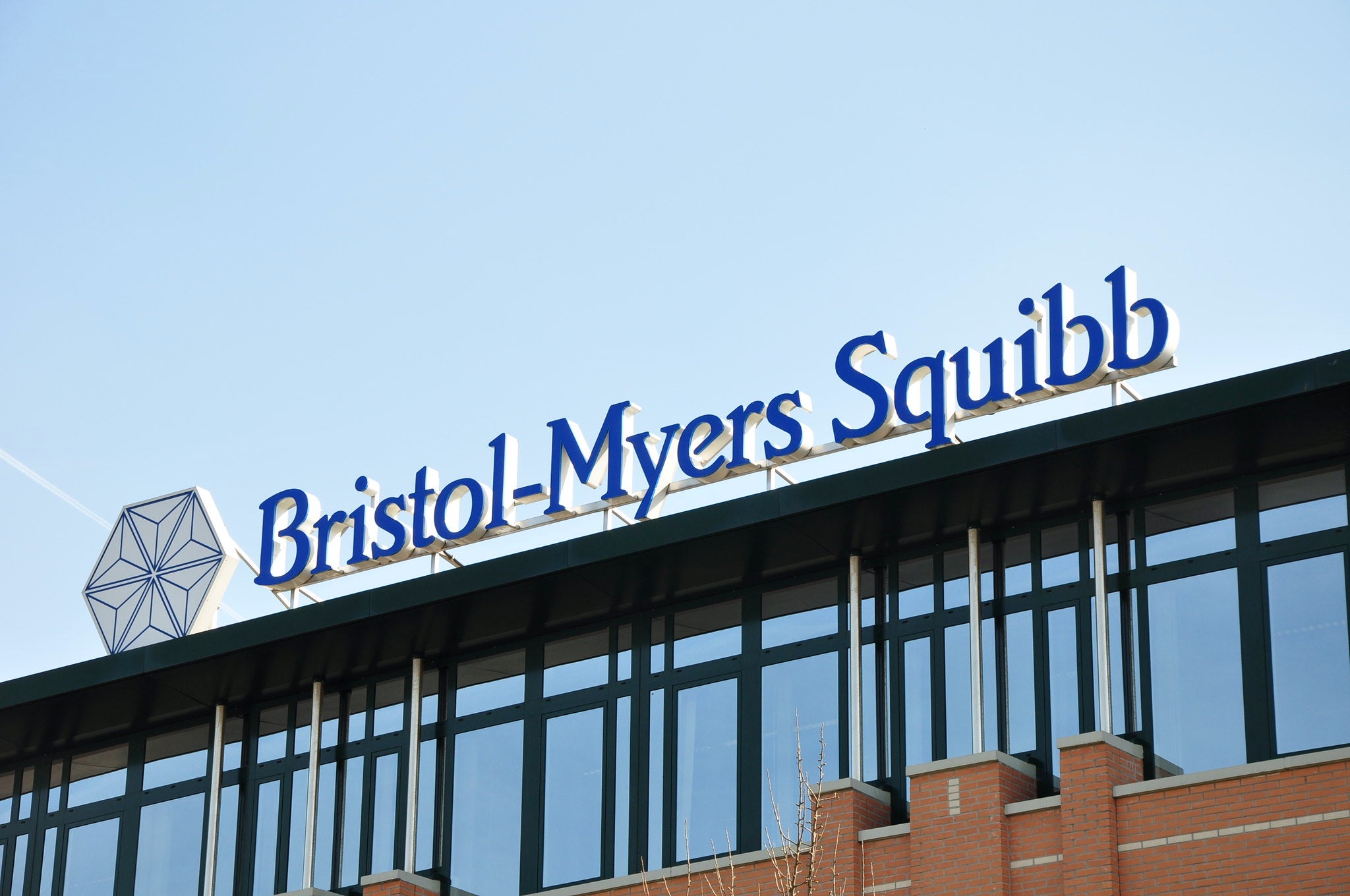
Bristol Myers Squibb (BMS) has reported positive top-line data from the Phase III TRANSFORM clinical trial where Breyanzi (lisocabtagene maraleucel) met the primary endpoint in relapsed or refractory large B-cell lymphoma (LBCL) patients.
The trial assessed the drug as a second-line treatment compared to salvage therapy followed by high-dose chemotherapy and hematopoietic stem cell transplant, which is the current standard of care.

Discover B2B Marketing That Performs
Combine business intelligence and editorial excellence to reach engaged professionals across 36 leading media platforms.
According to top-line data, the drug led to a clinically meaningful and statistically significant improvement in event-free survival, meeting the primary goal.
The trial also met the main secondary endpoints of complete response rate and progression-free survival versus standard of care.
Overall survival data were not mature when this interim analysis was performed by an independent review committee, the company noted.
Furthermore, the safety data of Breyanzi was consistent with its previously reported profile for treating LBCL in the third-line setting, without any new safety concerns in this second-line setting.

US Tariffs are shifting - will you react or anticipate?
Don’t let policy changes catch you off guard. Stay proactive with real-time data and expert analysis.
By GlobalDataBristol Myers Squibb Hematology and Cell Therapy Development senior vice-president Noah Berkowitz said: “These positive interim results build on our commitment to bring CAR T cell therapies into earlier lines and highlight the potential of Breyanzi to transform the treatment paradigm for this difficult-to-treat disease, possibly supplanting the need for patients to undergo current aggressive treatment regimens.”
Breyanzi is a CD-19 directed chimeric antigen receptor (CAR) T cell therapy. It has the US Food and Drug Administration approval to treat adults with relapsed or refractory LBCL following at least two lines of systemic therapy.
The pivotal, global, randomised, multi-centre TRANSFORM study evaluated the drug in adults with LBCL that is primary refractory or relapsed within a year of preliminary therapy.
These results from TRANSFORM are said to indicate the first time a CD19-directed CAR T cell treatment showed promise in a second-line setting in this patient population.
Last month, BMS reported a new analysis of data from the Phase III EXPLORER-HCM study of mavacamten.
Cell & Gene Therapy Coverage on Clinical Trials Arena supported by Cytiva.
Editorial content is independently produced and follows the highest standards of journalistic integrity. Topic sponsors are not involved in the creation of editorial content.


